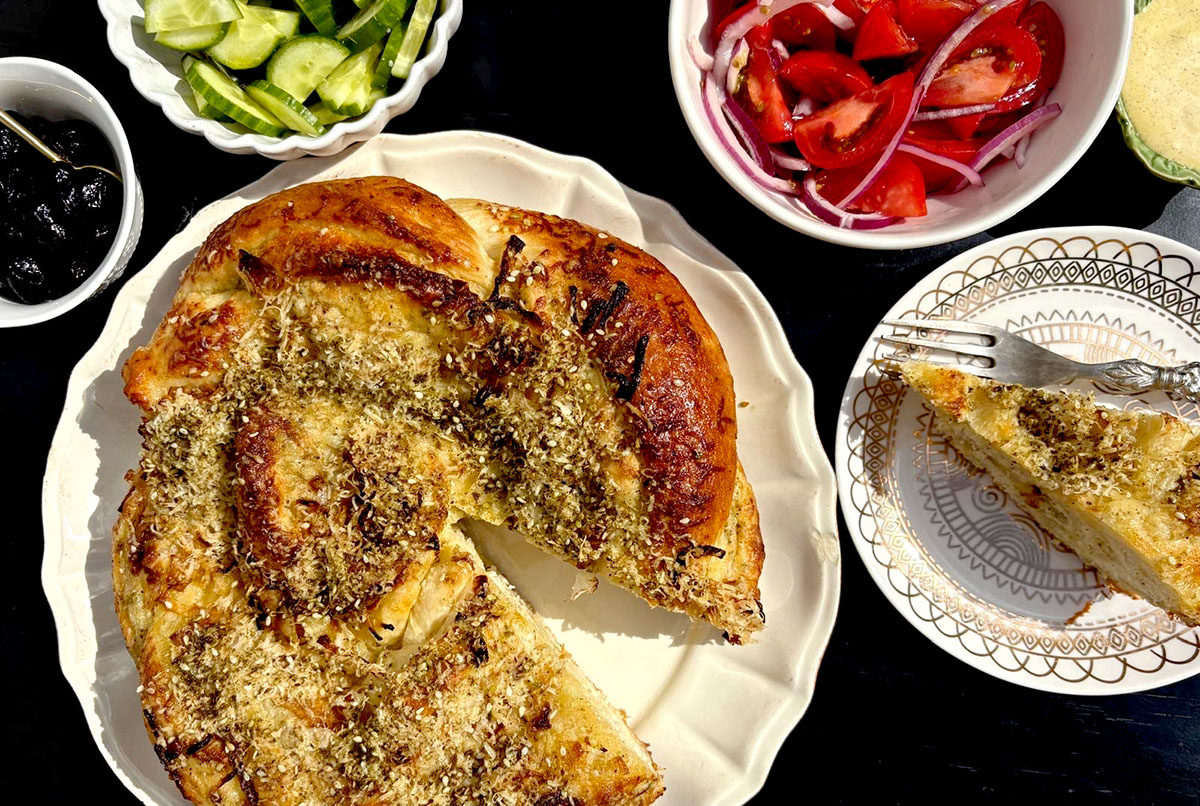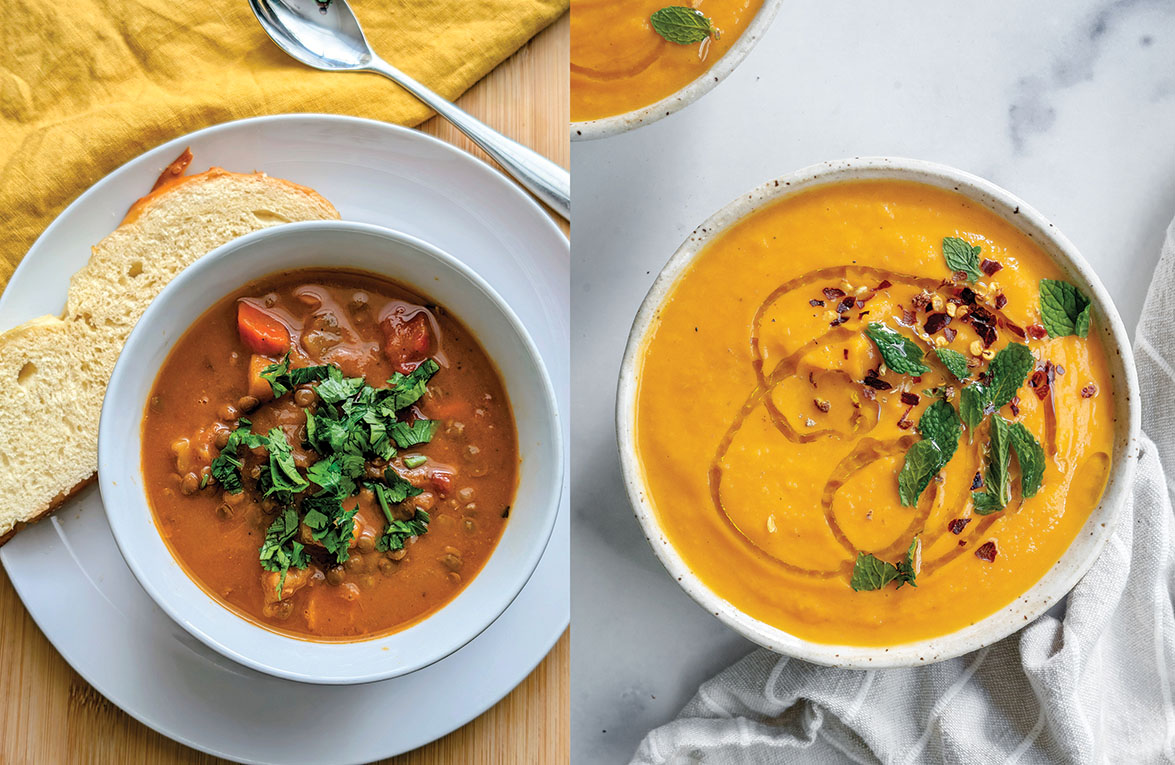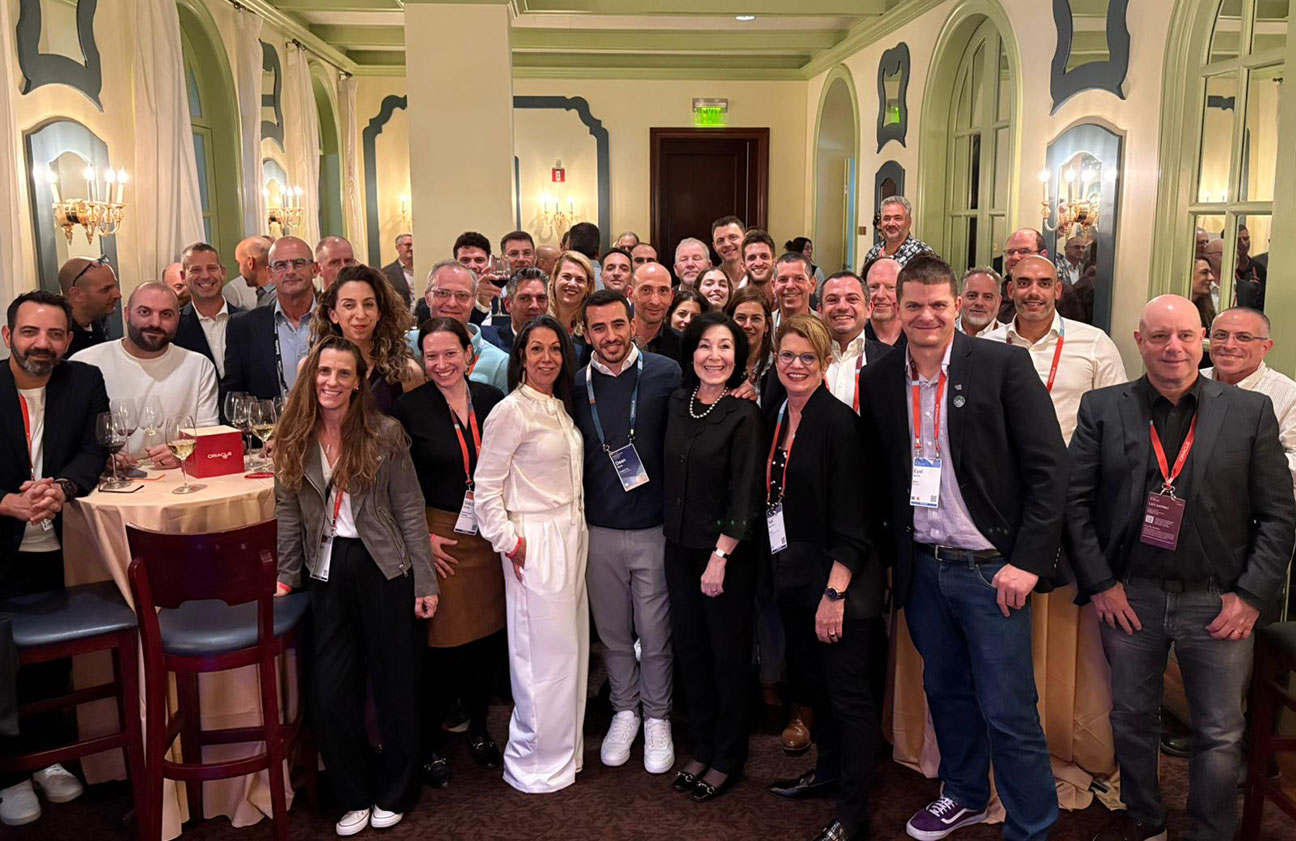This post originally appeared on Neesh Noosh.
As a vegetarian since the age of nine and an on-again, off-again vegan, I wrestled with this week’s parsha, Vayikra, which offers detailed instructions for animal sacrifices. How do I understand sacrifices (and those who argue that these practices will return during the Messianic period) with my commitment to not eating or harming animals?
Rabbi Brad Artson puts the ancient practice into context. He writes in The Bedside Torah, “Our ancestors turned to animal sacrifice because they saw in it a way to express deep rage, feelings of inadequacy, and guilt. They could, through sacrifice of animals, see their own frailty, their own mortality, and their own bloodiness” (p. 169).
And, sacrifices still offer meaning to us in the 21st century. He explains, “in our age, a period of sanitized religion and everyday violence, the practice of our ancestors has something to teach. And so we read Sefer Va-Yikra, and learn to see our fears in the eyes of an animal going to the slaughter, in the cries of the victim of sacrifice” (p. 169).
Every year, worldwide, 77 billion land animals (3.7 billion in the US in 2014) are raised and killed for human consumption. It’s a violent process, that arrives to consumers in sanitized, neatly wrapped Styrofoam trays. Unlike the ancient Israelites, we are not seeing these animals–in the words of Rabbi Brad Artson–own frailty, their own mortality, and their own bloodiness. Torah teaches us to have compassion towards animals and not cause them any pain (tza’ar ba’alei chayim). Dr. Richard Schwartz, writer, activist and President of Jewish Vegetarians of North America argues, “Deeds of compassion and kindness toward all creation are of greater significance to God than sacrifices: ‘To do charity and justice is more acceptable to the Lord than sacrifice'” (Prov. 21: 3).
How do we reconcile our Jewish values when we eat meat from animals raised on industrial farms where they are crammed into tiny spaces, have zero opportunity to express natural behaviors, are pumped with antibiotics, treated cruelly and/or fed an unnatural diet, even if the meat is certified kosher?
We need to reflect on our roles and responsibilities as Jews to address animal suffering, whether we are carnivores, vegetarians or raw foodies. Rabbi David Sears, Director of the Breslov Center of New York argues, “The Torah espouses compassion for all creatures and affirms the sacredness of life. These values are reflected by the laws prohibiting cruelty to animals and obligations for humans to treat animals with care.”
Rabbi Sears continues, “The establishment of higher humane standards is a moral undertaking for which we, as willing participants in the system, must take responsibility. Implementing change is certainly within our reach. The real question is if enough people care.” We each can ensure that farm animals do not suffer pain (tza’ar ba’alei chayim) through actions and changes in the political realm, our homes, and our institutions.
Kashrut and the humane treatment of animals do not need to be in conflict. If you eat meat, know how and where your meat is raised. Kol Foods and Grow and Behold offer kosher, humane, pasture-raised meats.
Slow Food USA is hosting a “Slow Meat” gathering in June. It’s a great opportunity to bring a religious perspective to this important conversation about improving how animals are raised.
Learn about The Humane Society of the United States’ Factory Farming campaign, which has successfully advocated for animal welfare improvements in both the corporate and legal realms.
Reduce your meat consumption by taking the Meatless Monday pledge and/or become a Reducetarian.
Delve more deeply into these issues and become an advocate in your community with the excellent resources on the Jewish Vegetarians of North America website.
The dish I prepared for this week is inspired by salt. “And you shall salt every one of your meal offering sacrifices with salt, and you shall not omit the salt of your God’s covenant from [being placed] upon your meal offerings. You shall offer salt on all your sacrifices” (2:13). Yes, salt was used for sacrifices and is part of the process of kashering meat. But, as a vegetarian, I have a multitude of uses for salts from beans to grains to salads.
I love salts; I collect different flavors and colors of salts from around the globe! Making flavored salts was borne out of my desire to fully use lemons, rind and all. Having arrived to the East Coast last week, there are no lemons in season here now. Fortunately, I had stocked up on some from the La Cienega Farmers Market before my cross country trip to enjoy on the trip.
The gorgeous translucent pink salt that I used for this recipe is from Hawai’i. I received it as a gift from a fellow Slow Food USA delegate at Terra Madre last fall. It’s not for sale anywhere; the salt has been harvested by families for several generations for personal use only.
PS: Instead of the lemon that I used in this recipe, you can try other ingredients such as orange rind, rosemary or lavender.
Vaykira Lemon Salt
Ingredients
- 1 medium lemon rind
- 2 heaping tbsp salt (try to use a coarse salt)
Preparation
1. Peel the lemon rind and remove the white pith. Save the fruit and juice for another use.
2. Leave the peel out in a sunny spot to dry out for at least a day. If you don’t have time, place on a tray and put in a toaster oven. “Bake” until dried out, approximately 10 minutes. Be careful because smaller pieces can burn easily. It’s fine if the fruit skin turns slightly brown; it actually adds a delicious flavor.
3. Place the rind in a blender and turn on high. Blend until finely ground (time will vary on the strength of your blade). You might have to scrap the sides to ensure uniformity of sizes. Enjoy the wonderful aroma as you blend.
4. Add the salt to the ground rind and blend for 10-15 seconds to mix together well.
5. Pour into a jar and keep in a cool, dry place for use. The flavor and scent of the lemon reduces after a couple of months, so it’s best to enjoy while fresh.
B’tayavon!

































